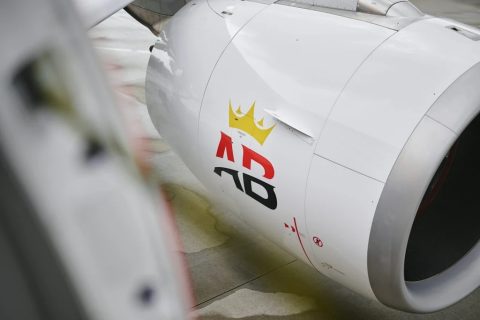
Air Belgium discontinues passenger business, turns to freight
Photo: Air Belgium
Air Belgium has decided to put its focus on freight operations and discontinue its passenger business which has faced increased competition and unprofitability. The aviation sector has gone through numerous disruptions over the last three years that have severely impacted the profitability of passenger operations for airlines, and Air Belgium is no exception.
Want to read more?
You have read all of your free premium articles for this month. Please become a subscriber to keep reading.
Subscribe now!
Take advantage of our exclusive offer to get full access to all premium content.




